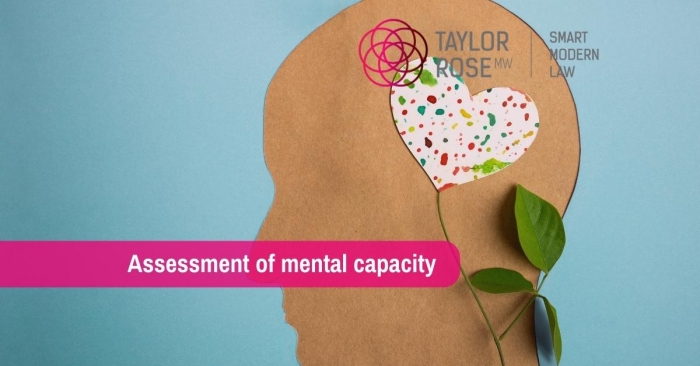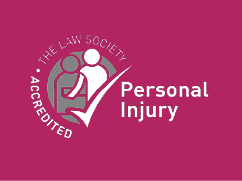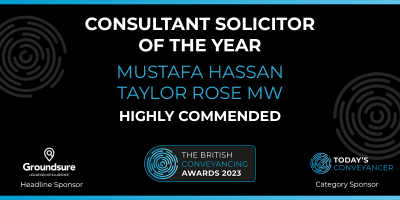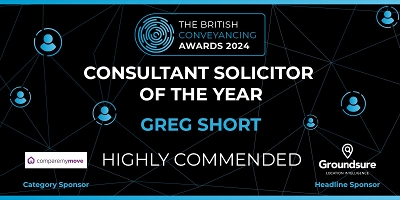Blogs
Mental capacity - will disputes and other legal implications
Wed 7 September 2022

Stephen Lawson is a Solicitor in our Contentious Wills, Trusts & Probate Department here at Taylor Rose MW. What makes him unusual is that 95% of his work relates to Inheritance Disputes of one sort or another.
A big part of that work relates to Wills that are potentially invalid because the person making a Will didn’t have sufficient mental capacity to do so. The tragedy is that most of the disputes could have been avoided with a little more care and attention. Stephen happens to know more than most on this topic and is one of the authors of a book called “Testamentary Capacity”.
The Law Society have just produced a book called “Assessment of Mental Capacity”.
Mental capacity to make a Will
The Alzheimer’s Society says that there are currently 900,000 people in the UK living with dementia – and it mainly affects people over the age of 65. One in 14 people over the age of 65 has dementia. This rises to 1 in 6 for people over the age of 80. Dementia is more common among women than men.
Having a diagnosis of dementia does not automatically mean that someone will lack the capacity to make a Will. However, what it does mean is that a lawyer drafting a will needs to take proper precautions to reduce the risk of the validity of a Will being challenged.
Sadly, many cases arise because a Will writer hasn’t taken proper steps to assess the capacity of the person who wants to make a Will.
There are two competing interests at stake here. On the one hand it is plainly right that someone who has capacity to make a Will should be able to do so. On the other hand, it is equally important to prevent someone who lacks capacity being abused. This can be by being persuaded to make a Will which leaves their estate to someone who would not otherwise have stood to benefit. 
Homemade Wills often lead to disputes
A common scenario is where a “helpful” friend, carer or relative happens to “help” a person with dementia to make a Will. The Will then benefits the very same friend, relative or carer. The scope for abuse in these matters is obvious .
The Law Society, The Solicitors Regulation Authority and STEP (The Society of Trust and Estate Practitioners) all say that someone preparing a Will should take steps to assess the capacity of the person setting out to make a Will. Particularly in circumstances where there may be doubt about their capacity to do so.
Who can prepare a Will?
Will writing is, in fact, what is known as an “unreserved legal activity”. This means that anyone (even someone with no legal training) can set themselves up and call themselves a “Will Writer”.
Some unregulated Will Writers can do a good job, but equally some things can be missed – which can be a reflection of their lack of legal knowledge and expertise. All solicitors are required to carry insurance cover so that if something goes wrong, their clients (or disappointed beneficiaries) will be compensated.
Sometimes unregulated Will Writers go out of business, disappear, and have no insurance. This means a grieving family is often unable to “pick up the pieces” and get the compensation they deserve.
What should you do?
Don’t put off making a Will; one of Stephens most common phrases is “expect the unexpected” as none of us know when we are going to pass away. Too many people pass away without making a Will at all, or with a Will that is very out of date.
This is particularly bad for cohabiting couples who are not married. The law does not recognise a “common law spouse” and cohabiting couples have no automatic rights to inherit an estate. Having represented a partner who had lived with their partner for over 40 years, when one party had died unexpectedly the survivor had received nothing. This is without pursuing a complicated claim for Reasonable Provision under The Inheritance (Provision for Family and Dependants) Act 1975.
Stephen's tips
- Make a Will and don’t leave it too late.
- Keep it up-to-date.
- Make sure you use a Will writer, with experience, who is professional, who takes care in what they do and ideally, who has professional insurance..
Please contact Stephen Lawson at our Warrington branch or click on the contact us button to email Stephen directly.




















